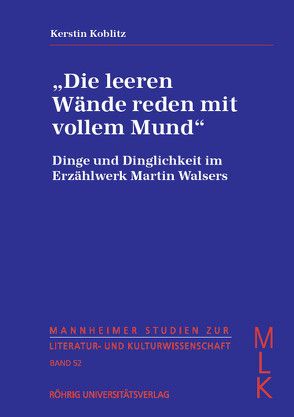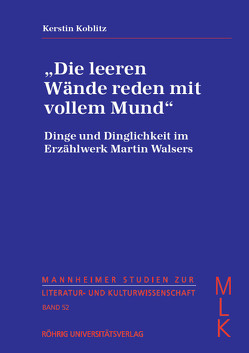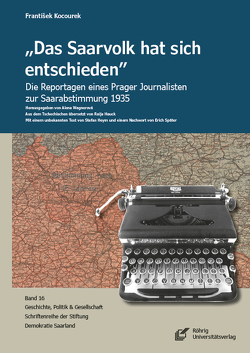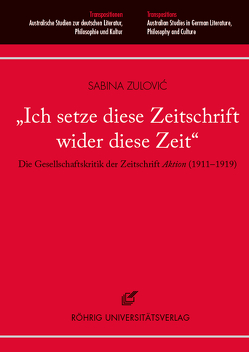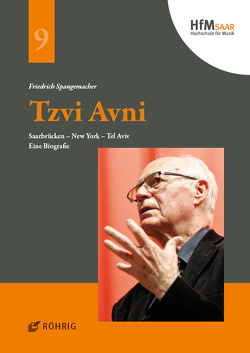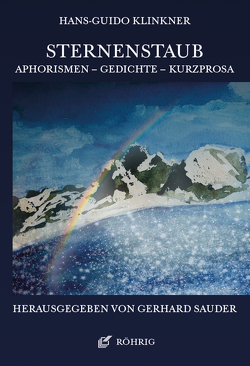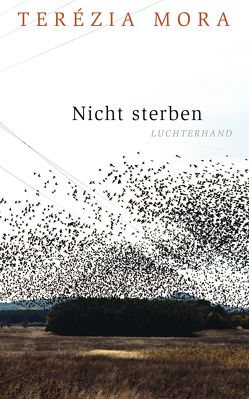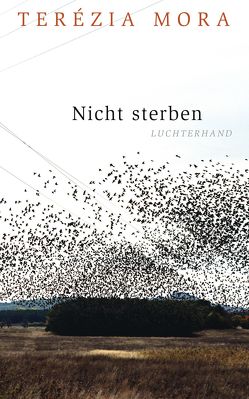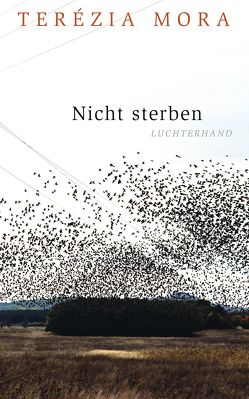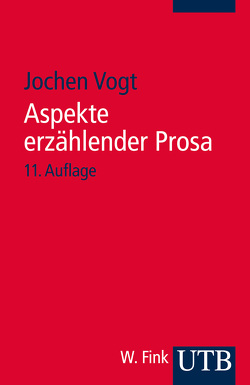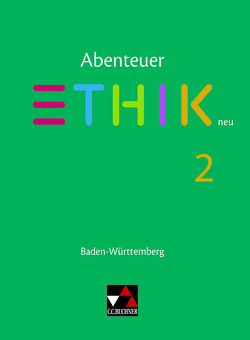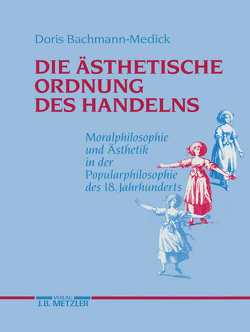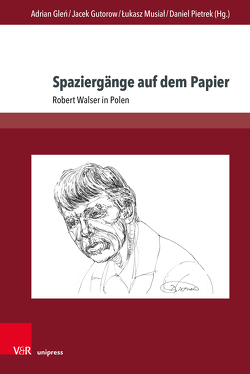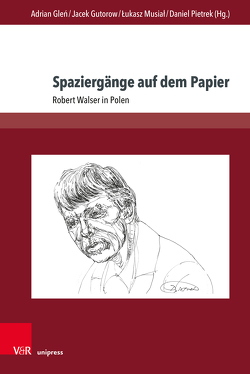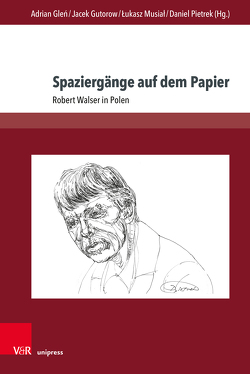„Die leeren Wände reden mit vollem Mund“
Dinge und Dinglichkeit im Erzählwerk Martin Walsers
Kerstin Koblitz
Thus far in the research, Martin Walser’s work has been evaluated primarily with respect to the topics of irony, anti-Semitism, and coming to terms with the past, without considering the research about material culture that has blossomed in the last two decades. The goal of the present work is to reveal the literary knowledge of things, the material actor’s quality, material-human associations, and the representation of the literary observation of the world of things and of the complex interplay of human and thing in the narrative work of Martin Walser. Against the theoretical background of Theodor W. Adorno, Walter Benjamin, and Bruno Latour’s thingness concepts, this study, which proceeds in dialectical-textimmanent fashion, examines three selected works of Martin Walser.
In Walser’s debut novel ‚Ehen in Philippsburg‘ (1957), things and objectifying processes appear as social, especially socially-adverse actors. In Walser’s novel ‚Die Verteidigung der Kindheit‘ (1991), things get a concrete meaning in identity creation processes, whether as everyday object, music instrument or memory trigger. In Walser’s novella ‚Mein Jenseits‘ (2010), things have an inherent belief production capability, insofar as they can make transcendencies representable.
